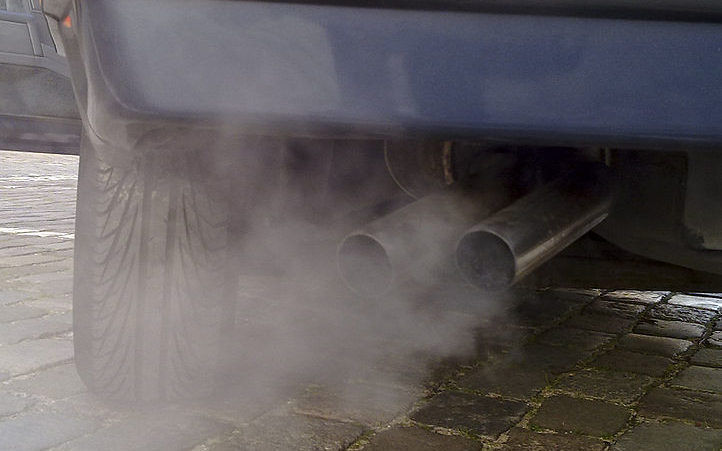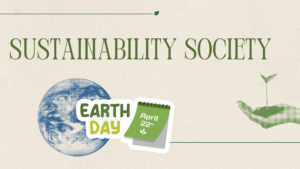Balancing the risks of driving, walking, cycling and public transport from September.
In my last five years at KES, I have spent each and every day travelling blithely by car. I can appreciate the comforts of the cosy interior and leaning back into that leather chair every morning, one’s brain clouded by sleep. And especially now, as there is still a virus around that has killed over 1,000 of our neighbours in Birmingham, private transport seems the safer option.
But is it?
After being prompted at a meeting of the KES Sustainability Society last week to calculate my own travel emissions, I can assure you that I won’t be falling prey to the temptation of the car-commute once school recommences in September: convenient though it is, it comes at an acute cost to the planet, and is not as safe as we may think.
The round trip between my house and school is 6.1 kilometres. Considering that there are around 171 days of school in one academic year, which equates to around 5,000km cumulatively over the last five years. My father’s car’s emissions are 142g CO2 per km (not controlling for the sluggish traffic, as the vehicle’s engine is programmed to stop when it’s stationary). I calculated that I had emitted over 700kg of CO2 during my time at KES – nearly a tonne, or a cube 8m3, or two KES classrooms!
That is an exorbitant volume of the greenhouse gas, now in the atmosphere for the rest of my entire life, even if I live to be 115. So much so, in fact, that it would take more than 70 fully grown trees to offset those yearly carbon emissions. But, what if everyone at KES was like me? In that grim dystopia, it would take over 42,000 trees to offset our student body’s travel emissions, not counting the hundred staff who drive in.
Humans have a well-documented propensity to lean into insular thinking. But it is vital to think about the Big Picture. If we do not reduce our emissions by at least half by 2030, the world will be hurtling past the point of no return. It is not just the economy at risk: it is entire nations and populations. Tuvalu, Fiji and the Seychelles are set to go under. Closer to home, many areas in the UK will be under an imminent risk of coastal erosion and even more severe flooding than we saw earlier this year, costing billions. Without doubt, we are in a perilous position.
It is incumbent upon us to do our part, and for many of us that means circumventing the use of the car. I exhort all of you – pupils and staff – to try to walk, cycle or use public transport to school – for those of us who live close enough to expedite that approach. It might be a nominal inconvenience, but a collective effort will put an immediate dent in the school’s collective emissions. If everyone delegates responsibility to others, no change will be made: we are all a part of this, together.
“But Advait – What about the deadly viral threat!?” I hear you ask.
Well, yes, one must factor in the harsh realities of the coronavirus situation. A large number of us live so far away as to necessitate the use of public transport, which is now a less attractive proposition than three months ago, even with an attractive DIY floral face-mask. For a few of our community, commuting by private car may be the only safe and viable option for now – and safety is paramount.
But I’m not going to acquiesce that easily! For those living further away, use lockdown to get fit, get familiar with the routes and prepare yourself so that you can use your legs to get to the station or bus stop, rather than drive, for when we return to a semblance of ‘normal’. Whilst we have no commute, we can prepare for a more sustainable future commute.
The moment that our present viral threat abates, the car will no longer be a safe option for you, others or the planet. 1,000 people have died this year in Birmingham from Covid-related deaths. Last year, pre-Covid, 900 people died in Birmingham of respiratory-related deaths just from man-made emissions, including car fumes and particulate matter from tyres and tarmac (so no, your Tesla isn’t a panacea). Unlike Covid, that figure is set to repeat year on year, and those in cars are more exposed to car-fumes than those on the pavement. In 2018 in the UK, there were 160,597 casualties from road traffic, with 1,784 deaths: we are more likely to be in a car accident whilst in a car than as a pedestrian. Millions more succumb to flooding, typhoons and famine – indirect ramifications of our car usage. Driving is not always safer than walking or public transport, even now.
So, if you live close enough, walk.

If not, get fit so that you can walk or use public transport more sustainably when the virus abates. And if you’re safe on a bike and have a helmet, lights and lock, then do consider cycling, or getting some Bikeability training.

If everyone abdicates responsibility to others, no change will be made: we are all a part of this, together.
Get Leg – Commute – Fit Now
– and when it’s safe to do so –
Ditch the car. Use your legs. Save lives.












